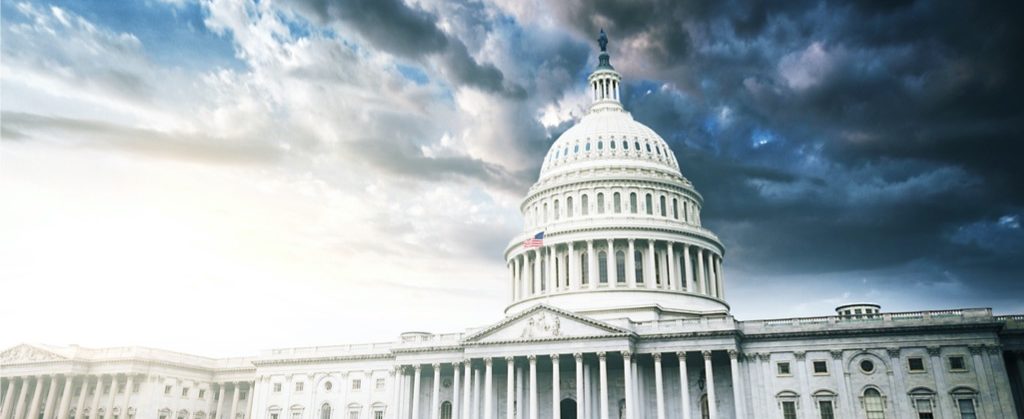
A Peek Behind The Curtain: On Being A Government Witness In A Criminal Prosecution
I am a government witness in a criminal prosecution. The complaining witness is a former client, and I have been called to testify to a conversation I had with the defendant prior to a civil protection order hearing. The government will also use me to introduce parts of the transcript from that hearing.
I know the Assistant Attorney General as a hard-nosed but fair prosecutor. We have always been friendly but professional in our dealings with one another, and it feels strange to be sitting with her in the witness room as she prepares me to testify. For the first time ever, we address each other by first name.
I am used to appearing in court. I think of the first time I cross-examined a police officer as a clinical student in law school and how things have slowed down so much since that time. But I find that for the first time in a long time I am nervous before a court appearance. The difference, I conclude, is that you are in control of the proceedings as the lawyer calling the witness. In this case, I have a supporting role in someone else’s production.
I check in at the call of the list, and then handle a few other matters elsewhere in the court building until the trial. When I arrive back at the scheduled time, I find an empty courtroom. The case has settled in the meantime, with the defendant pleading guilty.
Although this was clearly the right outcome, I find I can’t avoid that familiar feeling of letdown. If I never have the opportunity to serve on a jury or to be finger-printed and photographed during a criminal arrest or to sit in a jail cell awaiting trial, I wanted very much to benefit from the experience of testifying, something I ask other people to do all the time. As Pulitzer Prize winning author Richard Rhodes once put it, you can’t write about aerial combat until you have sat in the cockpit of a jet fighter.
